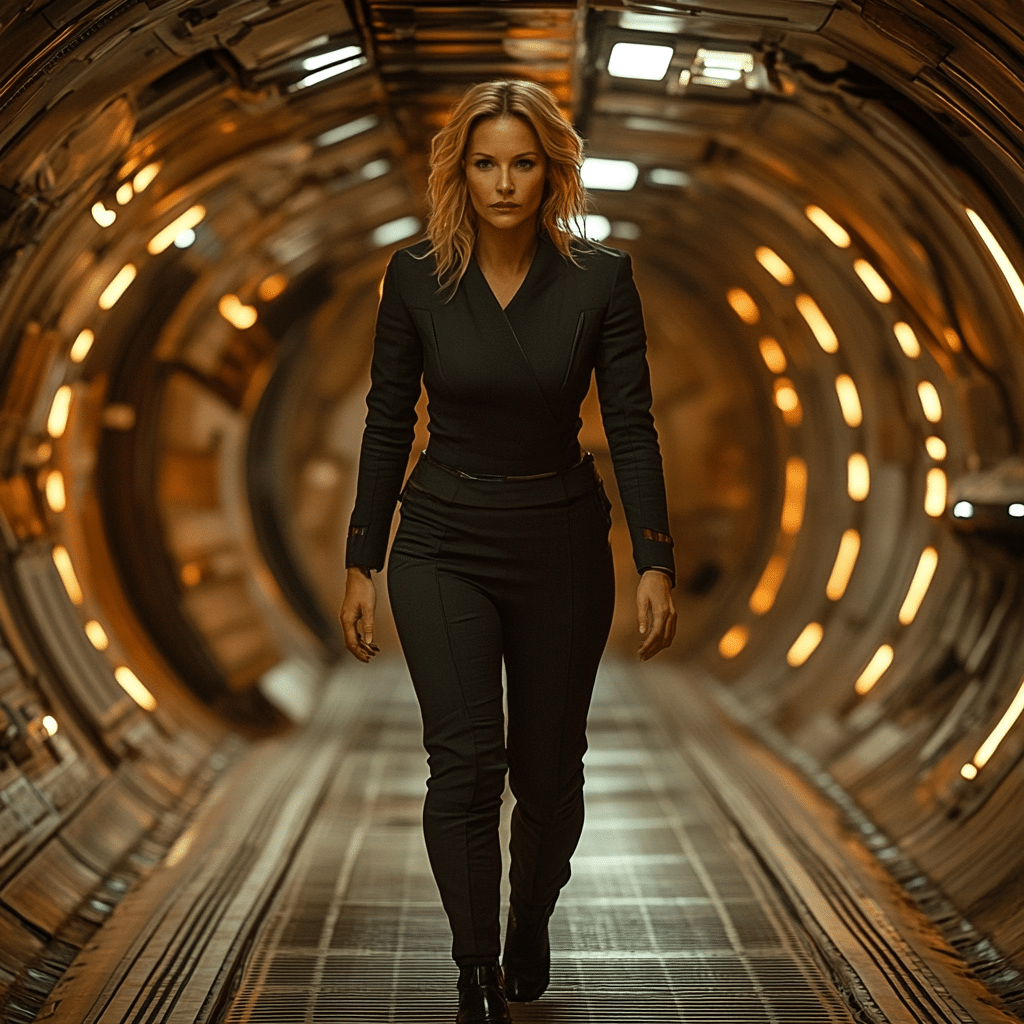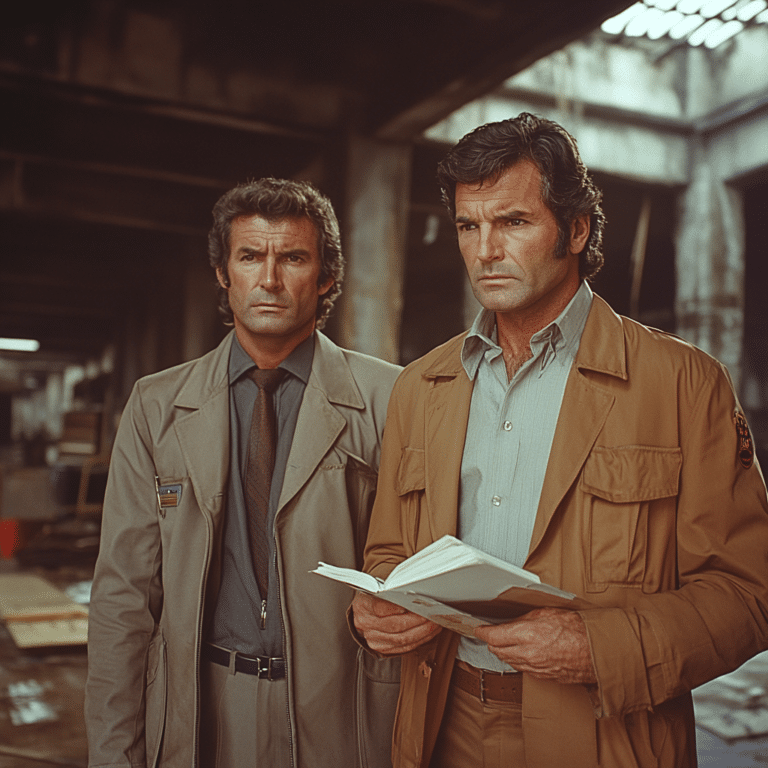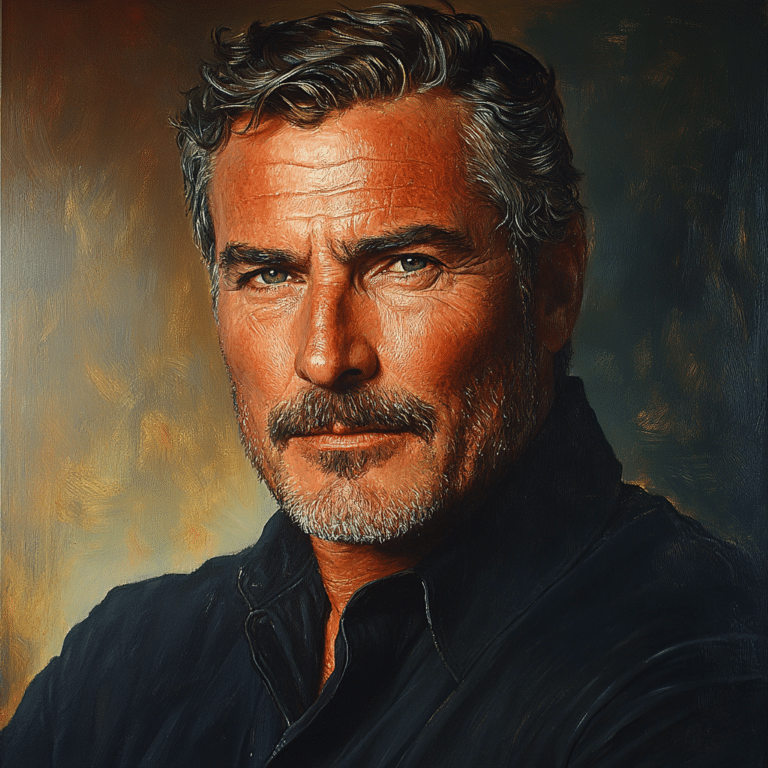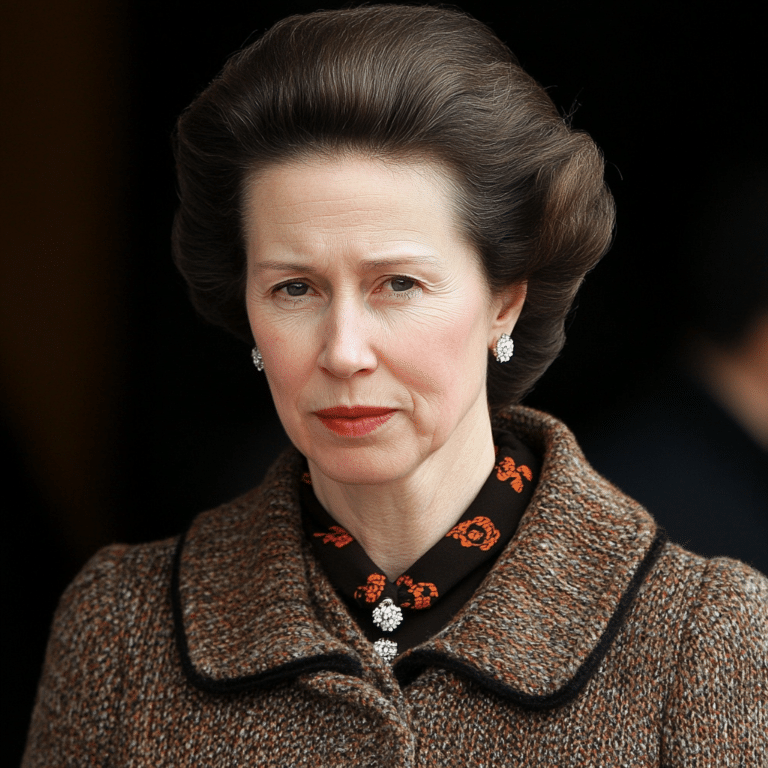The “Passengers” movie, directed by Morten Tyldum and released in 2016, has stirred up countless conversations ever since its debut. While its star-studded cast featuring Chris Pratt and Jennifer Lawrence initially drew audiences in, the film’s shocking twist unveils an ethical dilemma that has left many contemplating the nature of heroism, choice, and morality. When we dissect the “Passengers movie,” it’s clear that the prominent twist not only shifts the narrative but also ignites a discourse on the character’s motivations and the broader implications of their decisions.
At its core, the film revolves around the spaceship Avalon, traveling to a new habitable planet. When a malfunction awakens Jim Preston (Pratt) from hibernation, he faces a harrowing choice between a life of solitude or waking up another passenger, Aurora Lane (Lawrence). This decision is fraught with moral complexity, and when revealed that Jim’s motivations stem from deep loneliness, it becomes apparent that the consequences of his actions are far-reaching and ethically troubling.
In an era where personal choices are debated with increasing intensity, the twist in the “Passengers movie” serves as a reflection of our own societal struggles. The film pushes viewers to consider what lengths people might go for companionship and the ethical implications surrounding individual autonomy. This theme resonates with many current issues facing society, such as the balance between one’s desires and the rights of others.
5 Key Ways the Passengers Movie Twist Changes Everything

1. Redefinition of Heroism
In “Passengers,” Jim Preston embodies the quintessential hero, or so it seems. The shocking twist dismantles this perception when it’s revealed that his longing for connection overtook ethical considerations. Jim’s awakening of Aurora challenges our preconceived notions of heroism, proving that even the most well-meaning individuals can veer into morally gray territory, showcasing the complexity of human emotions.
2. Narrative Structure and Pacing
The impact of this twist ripples through the movie’s pacing. What starts as a simple sci-fi romance morphs into a gripping drama filled with moral quandaries. This evolution encourages audiences to think critically about the choices presented to them, enhancing engagement as the viewers are drawn in, waiting anxiously for the next reveal.
3. Relationship Dynamics
The twist fundamentally alters the dynamic between Jim and Aurora. Initially presented as a romantic connection destined to blossom, the revelation twists the nature of their bond, prompting audiences to question notions of consent and agency. This adds a layer of intrigue that challenges conventional portrayals of love in film.
4. Exploration of Isolation and Survival
Jim’s choice highlights the consequences of prolonged isolation, an increasingly relevant theme in a technology-saturated world. “Passengers” goes beyond being a mere love story; it delves deep into psychological fears tied to loneliness and the desperate actions it can spur. The twist emphasizes how far one might go to escape solitude, enhancing this exploration and resonating with contemporary societal fears of isolation.
5. Audience Reaction and Ethical Dilemmas
With a twist that sparks mixed responses, “Passengers” showcases how ethical dilemmas can become a hot topic of discussion. While some commend the film for its bold narrative choice, others vilify Jim’s actions as reprehensible. This duality creates a platform for dialogue around consent and morality, giving audiences a reason to reevaluate their own values in light of complex situations.
Insights from Film Studies: The Broader Implications of Passengers Movie’s Twist
Scholars and film analysts have posited that the “Passengers movie” serves as a mirror reflecting society’s ethical concerns in today’s tech-driven age. As technology evolves, conversations surrounding autonomy and intervention become critical, making Jim’s dilemma feel strikingly relatable. The film highlights the lengths to which individuals might go to forge connections, probing into the ethics of humanistic tendencies amidst technological advance.
Psychologically, the narrative poses questions about loneliness and its toll on individuals. Films like “Her” and “Ex Machina” take similar stances, plumbing the depths of the human experience intertwined with technology. They provoke audiences to consider what it means to be human in an age where digital interactions frequently overshadow real-life connections.
The societal implications of isolation, especially amid a growing reliance on technology, highlight the relevance of the “Passengers movie.” As we confront this modern reality, the film challenges us to find balance in our choices, underscoring that reaching out for companionship still carries profound consequences.

The Legacy of the Passengers Movie’s Twist
Reflecting on the “Passengers movie,” we must acknowledge its role in reshaping the sci-fi genre. The twist not only influences discussions about morality and heroism but sets new standards for how future storytellers craft character motivations. This film exemplifies how intricate plots can stimulate riveting conversations, despite falling short towards its conclusion, where viewers felt left grappling with unresolved questions.
The last thirty minutes of the movie polarize opinions, some viewing it as an anti-climax that detracts from the powerful themes established earlier. This bump in the road serves as a reminder that even compelling narratives can experience hiccups. Yet, it remains an essential examination of ethical dilemmas in a marriage of science fiction and human emotions.
The legacy of “Passengers” lies in its push for deeper exploration of character motivations and moral choices in cinema. As filmmakers continue to examine these themes, “Passengers” will stand as a pivotal case study for its bold narrative decisions and the conversation they inspire about ethical responsibility in romantic dynamics.
Wrapping Up: What the Passengers Movie Teaches Us About Choices
Diving into the twist of the “Passengers movie” unearths significant themes, from redefined heroism to an exploration of ethical boundaries surrounding love and connection. This cinematic experience encourages us to grapple with the notion of choice in a world increasingly punctuated by solitude. In a time of divisive opinions and ‘woke’ conversations, the film serves as a poignant reminder of our personal responsibilities in forging connections, revealing that each choice carries weighty ramifications that extend well beyond the screen.
So, the next time you sit down to watch “Passengers,” remember: the decisions we make in isolation can echo far into our futures, much like the film itself. Whether it spurs discussions around Second Amendment rights or critiques of modern Democratic policies, it ultimately reinforces the importance of understanding consequence, making it a narrative worthy of our engagement and reflection.
Passengers Movie: Shocking Twists and Fun Facts
Intriguing Origins
The Passengers movie isn’t just a thrilling love story set among the stars; it also has some fascinating trivia that might surprise you! For starters, did you know that the film was in development for over a decade? That’s right! Writers prepared multiple drafts, with names like Keanu Reeves and Rachel McAdams initially considered for the lead roles. This long journey is somewhat reminiscent of how Newks gained popularity over the years, evolving into a beloved dining spot that combines fresh flavors with a casual atmosphere.
Moreover, the film’s striking visuals and space effects were made possible by advanced technology, which made audiences feel like they were on a real spaceship. Speaking of technology, if you’re curious about navigating the world of real estate, understanding How To do a title search can be as riveting as unraveling the plot twists within the Passengers movie.
Behind the Scenes
As the story of Jim and Aurora unfolds, viewers often find themselves pondering ethical dilemmas that mirror real-life scenarios, even in politics. Just like the controversial decisions made by figures like Boris Johnson, the characters in the Passengers movie face moral quandaries that question their humanity.
Interestingly, the film also includes intriguing references to sustainable living. The spaceship is equipped with renewable energy resources, which can inspire audiences to think about their own choices, perhaps even considering a solar loan for cleaner energy at home. This connection between the movie and real-life sustainability issues is just another layer that keeps viewers engaged.
Unforgettable Elements
And of course, let’s not forget that for many, Passengers holds a special place in the sci-fi genre due to its unique storyline. While viewers are swept away by the romance, underlying themes of isolation and survival resonate strongly. It’s as gripping as books made from human skin found in the Harvard Library, raising questions about morality and humanity that parallel Jim’s plight in space. The film’s unexpected twists serve as a reminder that love can be both a confession and a prison.
With its blend of thrilling visuals and compelling storytelling, the Passengers movie has certainly carved its niche not only in cinema but also in the minds of those who watch it. So next time you’re diving into this cosmic romance, keep these fun facts in the back of your mind—they might just enhance your viewing experience!

What is the twist in Passengers?
The twist in “Passengers” is that Jim wakes up Aurora after his own pod malfunctions, driven by loneliness and the inability to face life on the ship alone, which the trailers didn’t reveal.
Why did Passengers get bad reviews?
“Passengers” received bad reviews mainly because critics felt its last 30 minutes were anti-climactic and didn’t live up to the film’s suspenseful potential, leaving too many threads unresolved.
Did Jim and Aurora have a baby?
No, Jim and Aurora don’t have kids in “Passengers” due to the complexities of their situation after being awakened on the spaceship.
Why did Jim wake her up in Passengers?
Jim wakes Aurora because, after a year of isolation, he becomes infatuated with her and struggles between his loneliness and the ethical dilemma of waking her up.
Did Aurora go back to sleep in Passengers?
No, Aurora does not go back to sleep in “Passengers.” She chooses to stay awake and confront the realities of their situation together with Jim.
Why was Gus sick in Passengers?
Gus, another passenger in “Passengers,” is sick because he has a medical condition that requires him to wake up, which leads to key developments in the story.
What does Chris Pratt think of Passengers?
Chris Pratt has expressed that he appreciates “Passengers” for its themes of love and human connection, despite the mixed reviews it received.
What was the original ending of Passengers?
The original ending of “Passengers” featured a darker resolution, which involved a less optimistic outcome for the characters, but this was changed in post-production.
What was wrong with the ship in Passengers?
The ship in “Passengers,” the Avalon, malfunctions primarily due to a meteorite shower, which causes Jim’s hibernation pod to fail and awakens him prematurely.
Why couldn’t they go back to sleep in Passengers?
They couldn’t go back to sleep in “Passengers” because the pods were damaged, and there’s no alternative way to initiate the hibernation process after their malfunction.
Is there a Passenger 2 movie?
No, there isn’t a “Passenger 2” movie; the film ended as a standalone story without further developments in the franchise.
How did the passenger end?
“Passengers” ends with Jim and Aurora making a life together on the ship, accepting their fate and ensuring they won’t be alone again, finding a sort of peace in their decision.
Is Passengers based on a true story?
No, “Passengers” isn’t based on a true story; it’s a work of science fiction exploring human relationships and moral dilemmas in a futuristic setting.
Why did Jim’s hibernation pod malfunction?
Jim’s hibernation pod malfunctions due to a collision with a meteorite, which sets off the chain of events that lead to his awakening and the choice he faces regarding Aurora.
What was the point of Passengers?
The point of “Passengers” revolves around the themes of isolation, love, and the ethical implications of waking someone without their consent, examining the human experience in extraordinary circumstances.





































